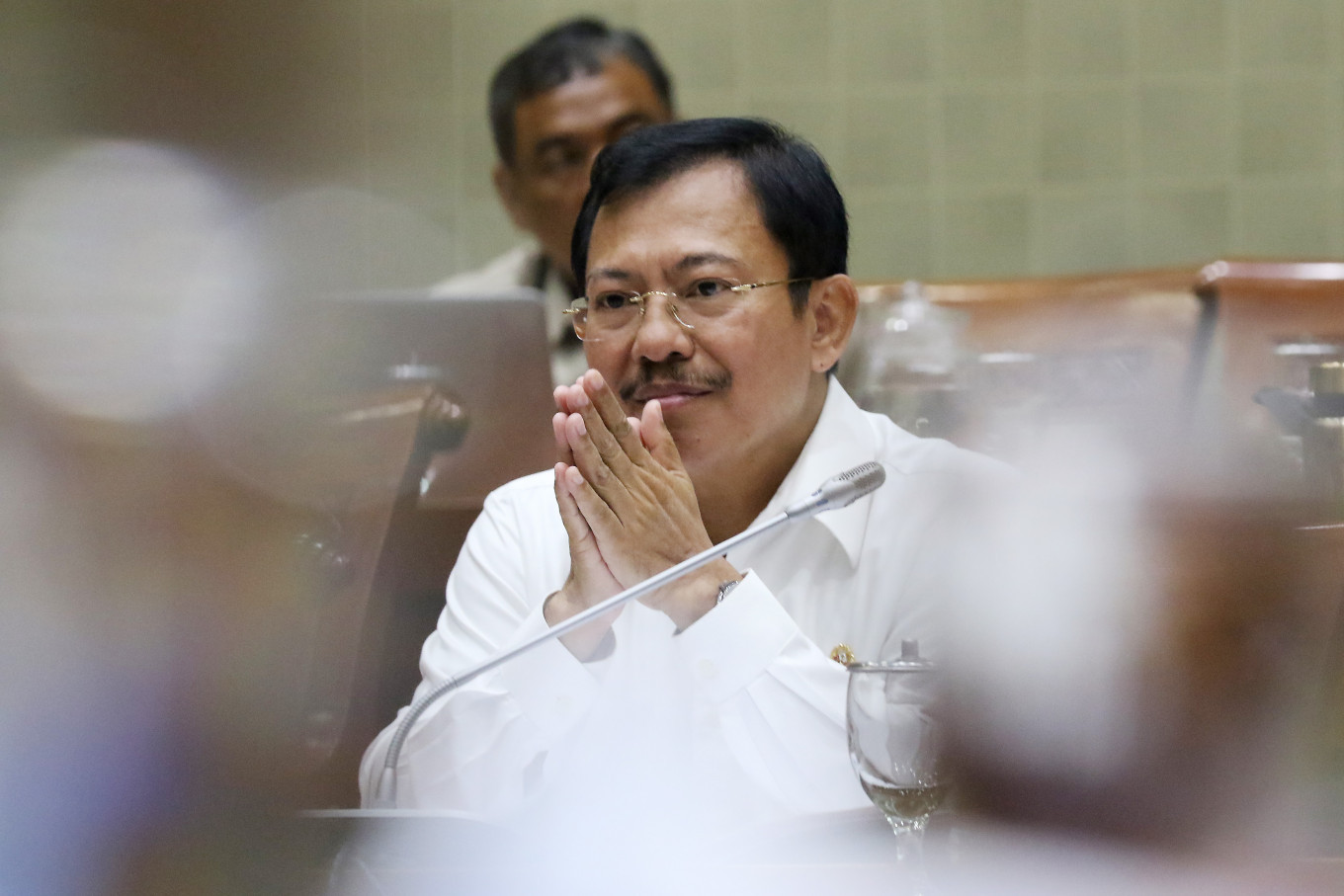
Jokowi dreams of AI bureaucracy. But why is his administration waging war on science?
by Ary HermawanPresident Joko “Jokowi” Widodo is without a doubt a visionary.
The nation’s seventh president—who once boasted that one day Indonesia would replace its lethargic bureaucracy with artificial intelligence (AI) — believes that only a generation of progressive, creative minds like his education minister, the Harvard-educated start-up icon Nadiem Makarim, can bring Southeast Asia’s largest economy forward.
The President is not wrong. It’s just that his policies do not reflect that vision at all.
A study conducted by Inaya Rakhmani and Zulfa Skahiyya has already led to a grim conclusion: Jokowi’s policymaking is not supported by quality research and academic freedom. The study, which includes a survey of 102 researchers, research administrators and policymakers, found that the government’s policymaking “is predominantly informed by research with poor theoretical engagement, with no strong tradition of peer review and with legal threats to academic freedom.”
That study alone is alarming, but recent events might have shown a more disturbing trend: the administration is virtually antiscience and is practically waging war on it.
Only recently, Health Minister Terawan Agus Putranto slammed research conducted by a group of Harvard scientists for suggesting that based on their statistical analysis, Indonesia should have detected several confirmed cases of COVID-19, the new coronavirus that has killed over 1,300 people and infected tens of thousands worldwide.
That study, while not peer-reviewed yet, aimed to understand, with available data and a certain statistical model, how the deadly virus spreads globally through air travel, and to determine countries "that may not be identifying all imported cases". The health minister, however, found its findings somewhat “insulting.”
“That’s an insult. Our testing equipment is from the United States. [...] we have done everything according to standards, international standards,” he said.
Certainly, the Harvard study could be criticized and even proven wrong. That’s just how science works— falsifiability is one of its prerequisites. Science is not a religious dogma that is immune to criticism and revisions. However, that is by no means a license to dismiss it just because you dislike its conclusions or find them disturbing or inconvenient.
The problem is not Terawan’s contention that Indonesia is free from COVID-19 (the reasons for which experts are speculating on), but his attack on scientific methods and his refusal to respect alternative point of views.
It does not help that Terawan keeps asking people to pray to avoid infection, which he apparently believes is the key reason why we are spared from the virus outbreak. When asked about the condition of Indonesians quarantined in Natuna after being repatriated from Wuhan, the epicenter of the virus outbreak, Terawan said: “Those [quarantined] in Natuna are healthy. Why? That’s because of the prayers from all the people in Indonesia.”
Praying is the right of any religious believer — but we really do not want our health minister to sell the idea that prayer is what prevents a person from contracting a lethal virus, especially in the face of a global pandemic.
Terawan, a devout Christian, is a controversial figure in the Indonesian medical community. The military doctor raised eyebrows when he introduced the so-called “brain wash” therapy to cure stroke. Also known as intra arterial cerebral flushing, the therapy sets out to treat stroke patients with a combination of digital subtraction angiography (DSA) and heparin injections. The Indonesian Doctors Association (IDI) questioned the scientific and legal arguments for such a treatment and its ethics board recommended suspending his membership.
Sadly, Terawan is not the only official having an issue with science.
Science magazine has reported that French landscape ecologist David Gaveau was recently deported for visa violations after 15 years living and working in Indonesia. The scientist had to leave Indonesia after drawing officials’ ire for publishing an estimate of the damage of the 2019 land and forest fires that contradiced the government’s figures.
It is possible his study is flawed, but does it warrant an expulsion?
His colleagues, according to the magazine, believe his deportation is “another sign of the growing tension between the Indonesian government and the scientific community.”
In the past few years, the Jokowi government has clamped down on “illegal” foreign researchers on the pretext of protecting Indonesia’s historical legacies and genetic resources. Only last year, the country enacted a law on the national system of science and technology that imposes criminal charges against foreign researchers found guilty of violating visa regulations.
Critics have said the law is excessive and could hamper academic freedom. Moreover, it gives the impression that the country is xenophobic and antiscience. Just a few days ago, the Immigration Office deported six Dutch and Australian scientists after accusing them of carrying out “illegal research” in Rote Ndao, East Nusa Tenggara.
The researchers, according to media reports, are archeologists who were conducting a study designed to answer the question of how Africans came to Australia about 70,000 years ago.
Indonesia must enforce strict immigration rules, but if the country wants its science to flourish it also needs to cut red tape to allow more scientific collaboration with foreign researchers.
President Jokowi has already drawn criticism from human rights activists for his illiberal tendencies and, as a consequence, a sharp decline in civil liberties including, and mainly, freedom of speech, under his leadership. But his administration’s apparent enmity against science just because one or two scientific studies paint his administration in a bad light is a new low.
Pak Jokowi, this is your final term, you should realize your dreams. To do that, you need to ask your ministers to stop waging war on science.